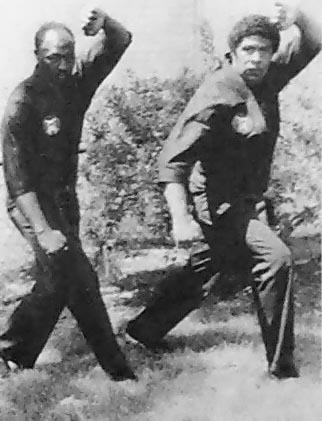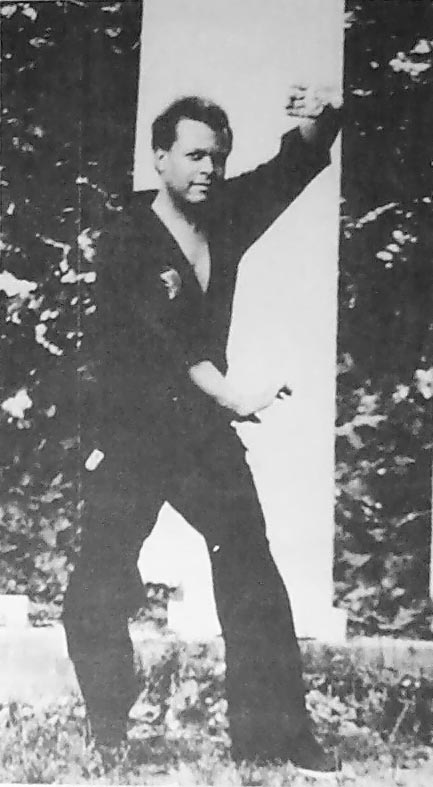about company
what is bando?
BANDO (pronounced Bun Dho) is one of the ancient martial art systems of Burma. The evolution of Bando, into what is practiced in the U.S. and Europe today, can be broken into three key periods. First, earliest accounts of the Burmese martial arts have dated back to around the time of Jesus Christ. Second, around 300 A.D. the first traditions of Bando became more readily recognized. And third, the exposition of what could be recognized as "modern" Bando came about around 1,500 A.D.
The term Bando derives from an ancient Pali term meaning 'self-discipline'. Bando has also been interpreted to mean 'self-development', self-improvement', and 'self-realization'.
The Bando discipline, as practiced in the United States under the guidance and direction of Grandmaster Dr. U Maung Gyi, and the American Bando Association, is a synthesis of a number of older Burmese combat systems. The term "Thaing" was used to describe a self-defense system practiced for hundreds of years before the British occupation of Burma in 1885. There were at least nine major systems equated to the basic groups who studied the art, with each group interpreting the art differently.
Thaing (Bando) refers to a number of smaller systems comprising the whole. Of these systems are two groups; armed and unarmed. Swords, knives and sticks are included in the armed group while hard-style kickboxing, middle-style fighting, and Bando's nine animal systems are included in the unarmed group.
The Bando system was devised by military men for the purpose of conditioning and training soldiers for combat. Today, under the guidance of Dr. Maung Gyi, and the ABA, the Bando systems pays tribute to its military history by honoring American war veterans.
brief history of nothern virginia bando

In the late 1950's, Dr. U Maung Gyi came to America to fulfill a promise to his father, U Ba Than Gyi, to honor American war veterans who fought in the CBI theater of war during World War II. In 1960, Dr. U Maung Gyi and a group of eager young men met at the American University in Washington, D.C. for the purpose of training in a Burmese martial art called Bando. Among these men were Joe Manley and Lloyd Davis, instructors of the Greater Washington Bando School.
 In
the early 1980's another member of the Greater Washington Bando School,
Errol Younger, began teaching in Northern Virginia. From the
teachings of first generation Masters Joe Manley, Lloyd Davis and Errol
Younger grew what is now Northern Virginia Bando. From these
great instructors came the next generation of black belts; Bill and
Leslie Darr, Debbie Kirkman, and Jim Sheeran. From
Bill and Leslie Darr came Jason Boyer, Ray Jones, Derreck
Lawton, Russ Wood and Charles Gildon.
In
the early 1980's another member of the Greater Washington Bando School,
Errol Younger, began teaching in Northern Virginia. From the
teachings of first generation Masters Joe Manley, Lloyd Davis and Errol
Younger grew what is now Northern Virginia Bando. From these
great instructors came the next generation of black belts; Bill and
Leslie Darr, Debbie Kirkman, and Jim Sheeran. From
Bill and Leslie Darr came Jason Boyer, Ray Jones, Derreck
Lawton, Russ Wood and Charles Gildon.We are an extremely active group, dedicated to honoring the Bando discipline through hard training and fighting, and teaching in the tradition of the true martial combative arts.